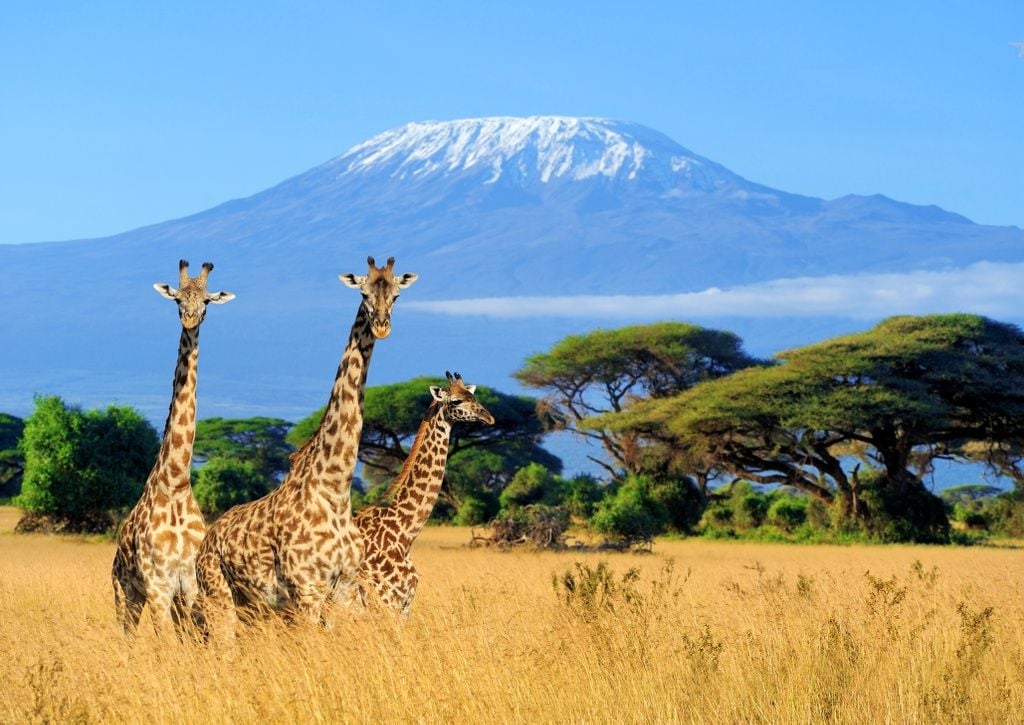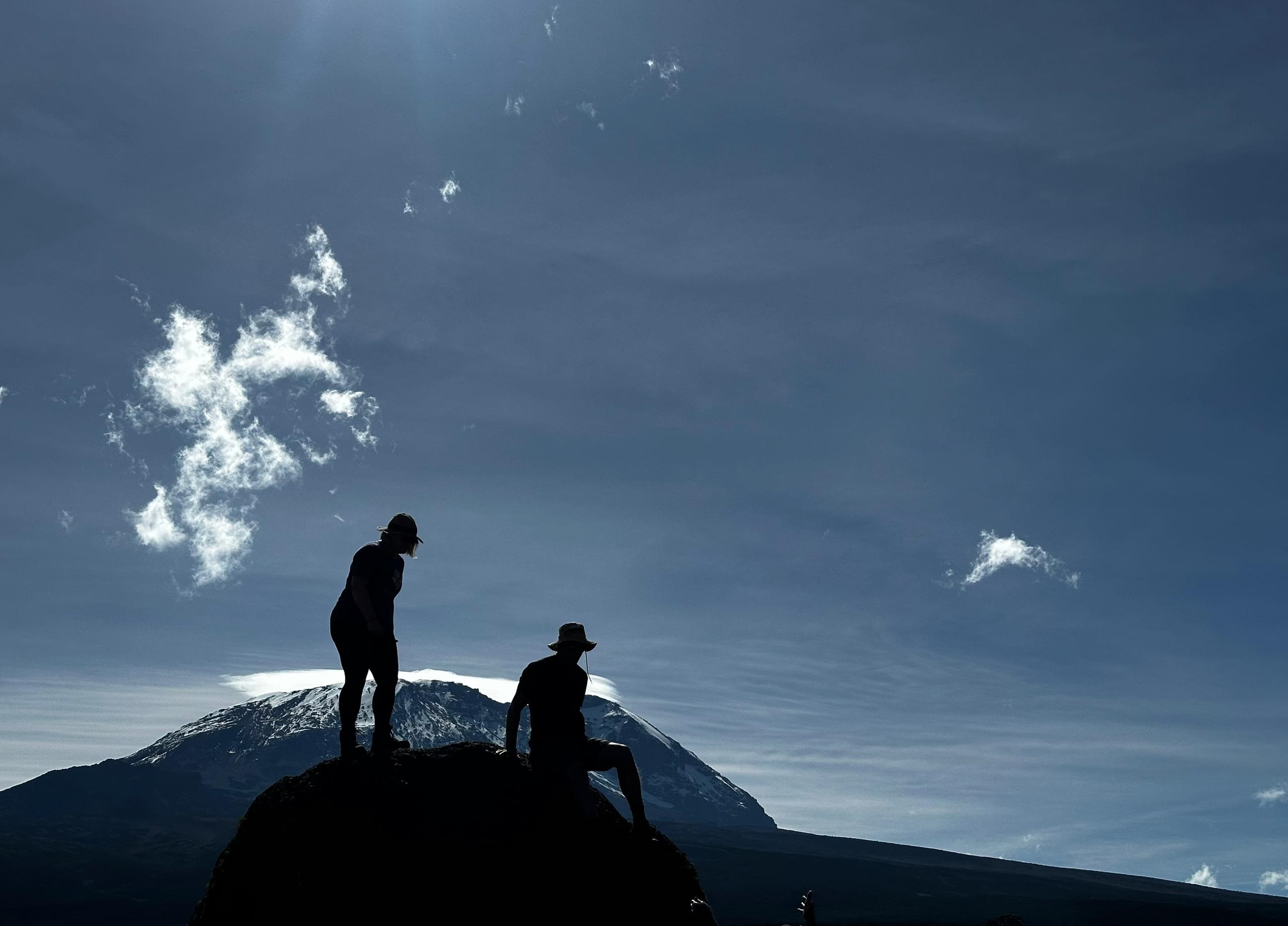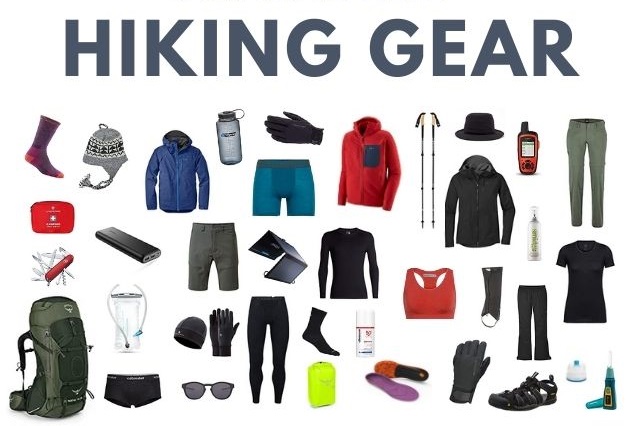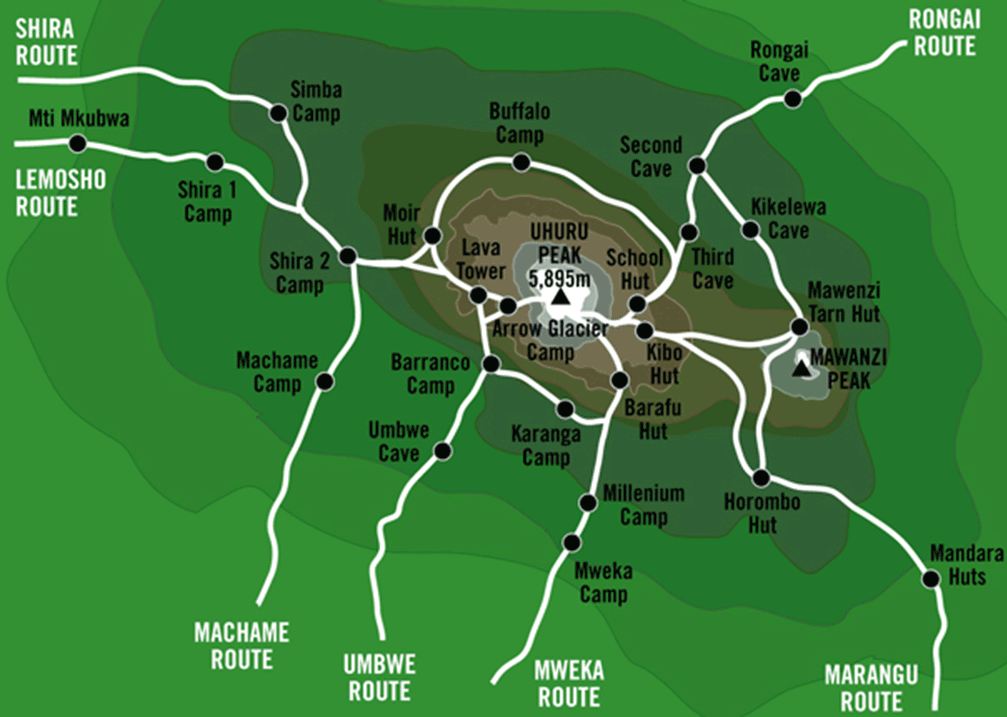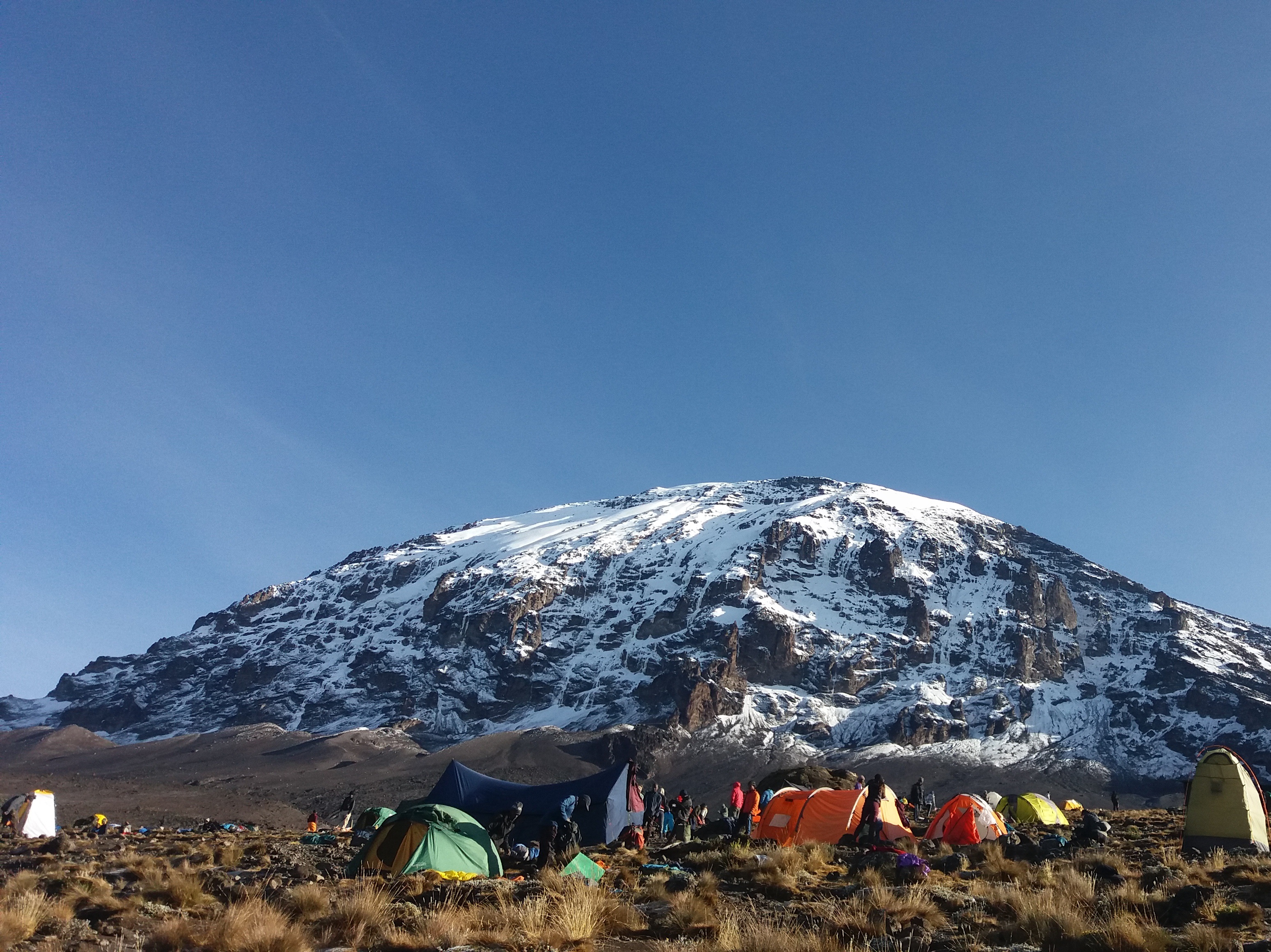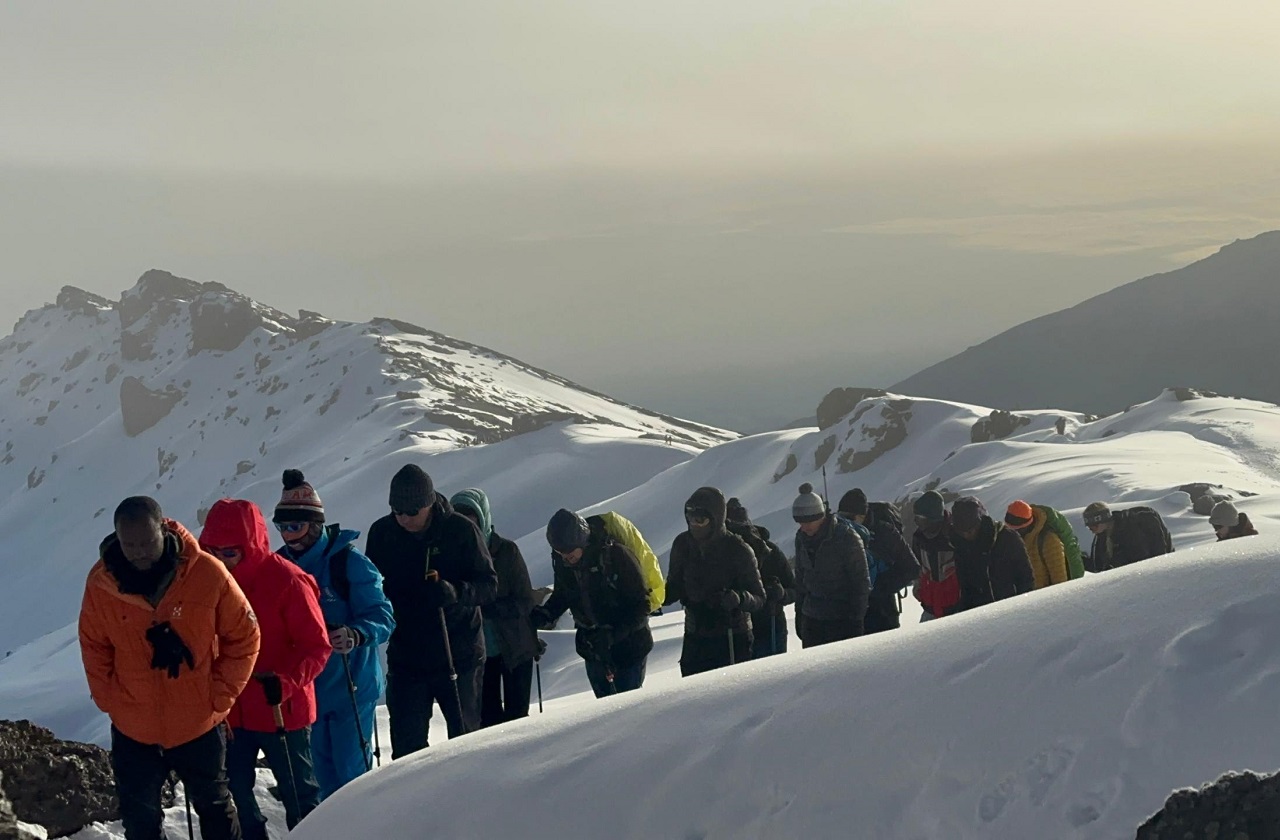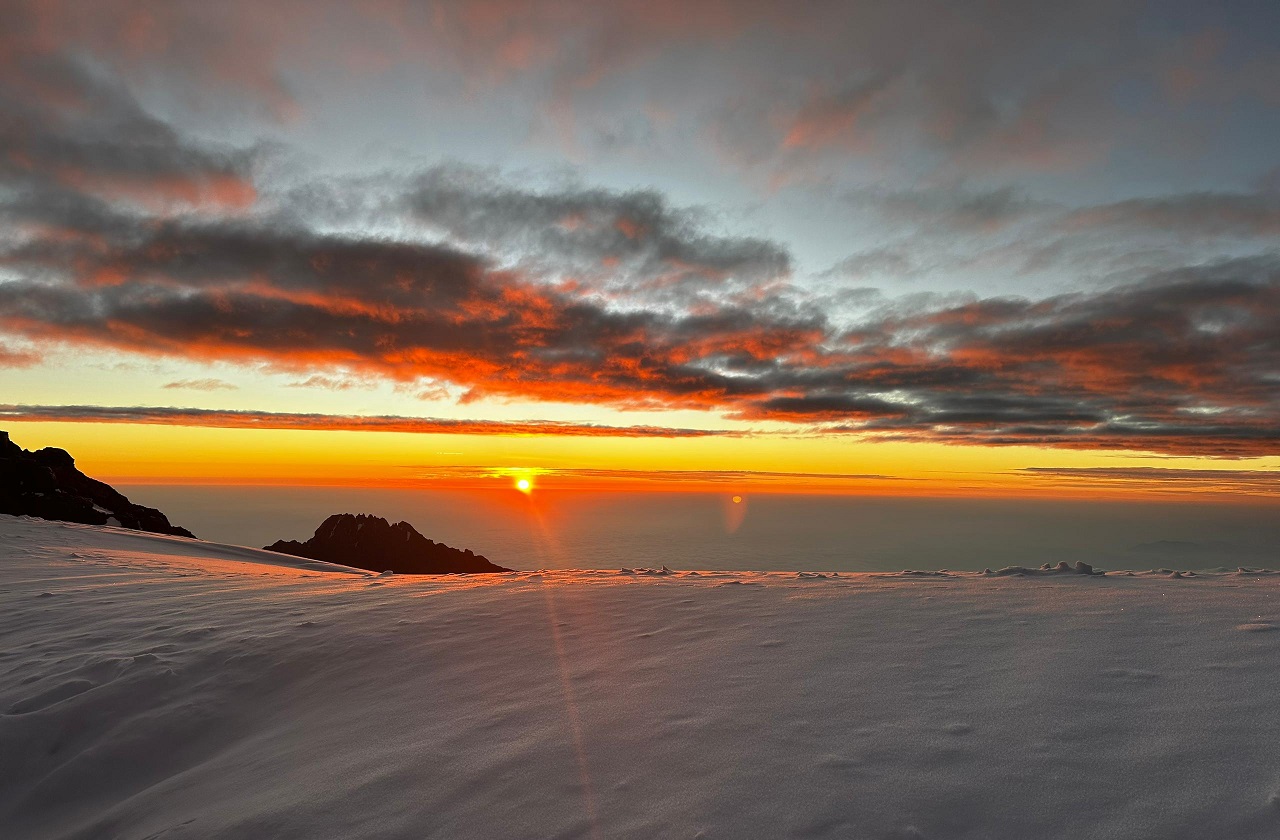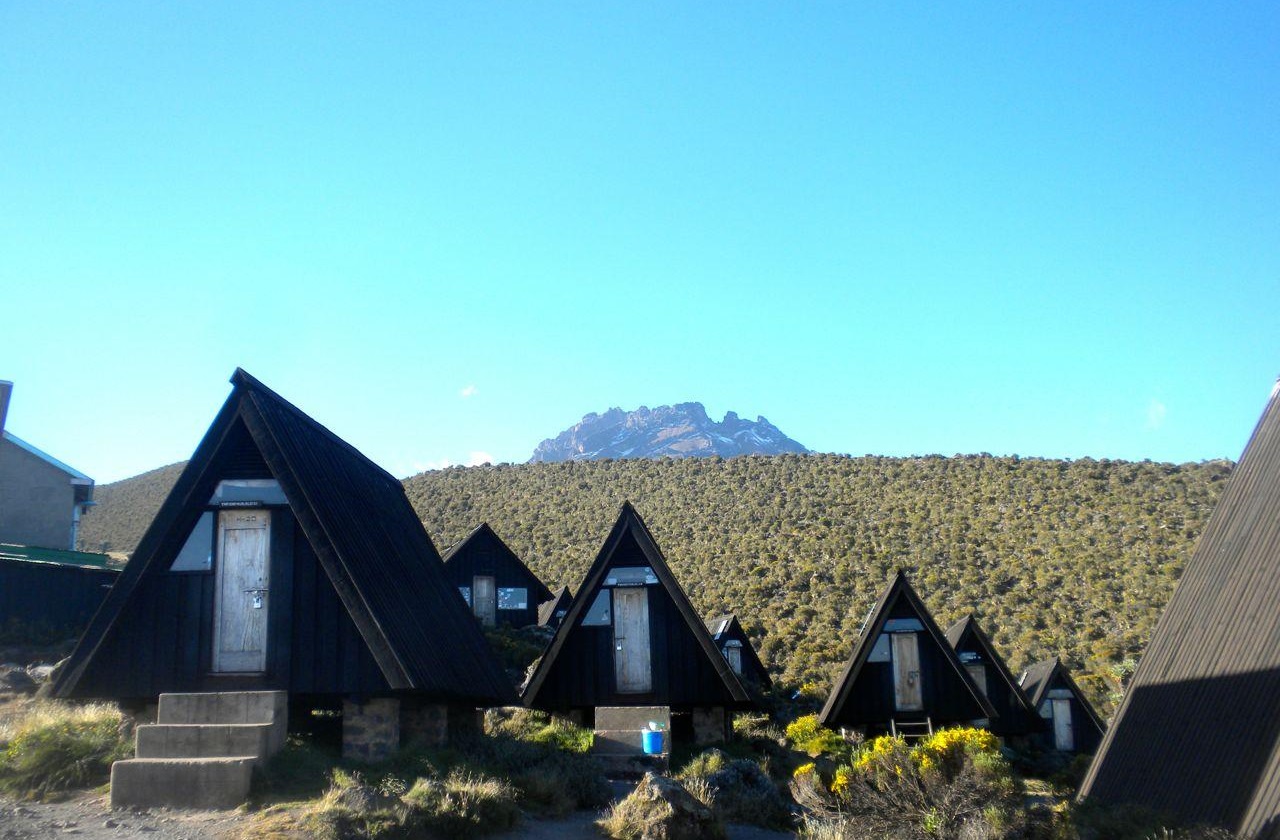HOW WE CONSIDERING SAFETY DURING MT KILIMANJARO CLIMBING
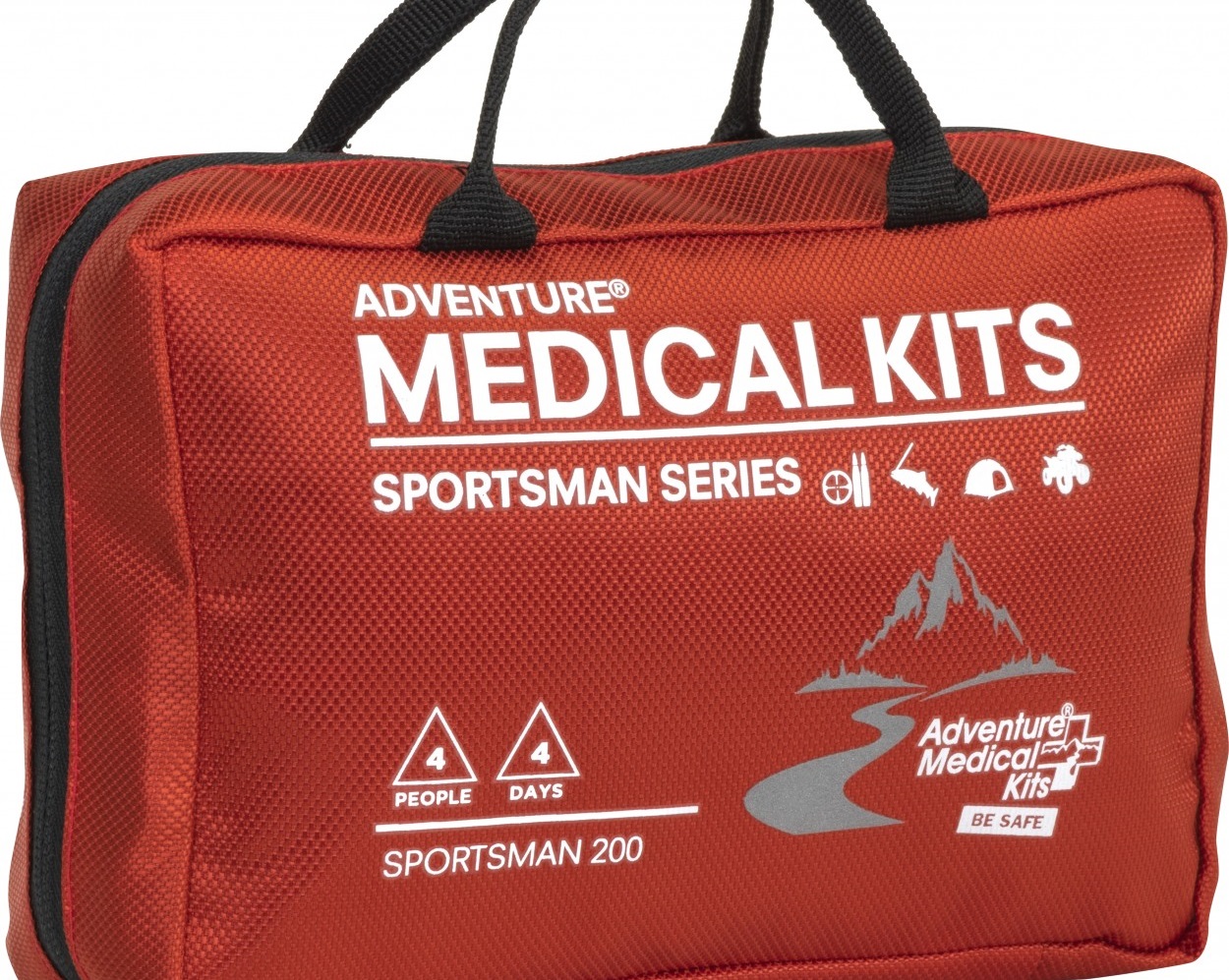
SAFETY ON MOUNT KILIMANJARO CLIMBING
Safety on Kilimanjaro is so important because of its changing weather and altitude sickness. So keeping your safety in mind, what can you expect and what should you focus on while preparing for your Climbing Mount Kilimanjaro? Here are a few key factors to consider: Altitude sickness, Experienced Kilimanjaro guides, Right equipment for Kilimanjaro safety & choosing a qualified tour operator etc.
How To Stay Safe On Your Hike Up Kilimanjaro?
Choose experienced Kilimanjaro operators
Select reputable tour operators with experienced guides who prioritize safety and are familiar with the mountain's challenges.
Our team at Joyful Adventures will ensure your utmost safety on the mountain. This is because we are:
-All Head Guides are certified Wilderness First Responders (WFR).
-Senior Guides are recruited for their high levels of competence and experience.
-We are invested in comprehensive training and development for staff at all levels.
-Comprehensive pre-climb documentation and guidance are provided for all trekkers.
-Comprehensive briefings and equipment checks are undertaken on every climb.
-Emergency Oxygen is carried on all climbs, for use in the event of serious altitude-related illness.
-Daily health checks on all climbers, including the use of a pulse oximeter.
-We carry comprehensive First Aid Kits compliant with WFR recommendations.
-Our Guides have cell phone and radio communications with our head office and access to 24-hour emergency assistance.
-Guides operate in accordance with established emergency protocols.
-Guides have tried and tested experience of casualty evacuation and incident management and can determine the safest and fastest descent Kilimanjaro Routes from anywhere on the mountain.
-Climbers are registered with Kilimanjaro Search and Rescue and guides can access helicopter evacuation where appropriate, in the event of an emergency.
-Should you need to descend for any reason, our team will be on hand once you are off the mountain, ensuring you receive the best possible service and care.
-Good hygiene plays a significant part in ensuring our trekkers remain healthy throughout their Kilimanjaro Climb. Our cooks follow hygienic food preparation guidelines, washing fruits and vegetables in safe, treated water. All drinking water is treated to ensure it is 100% safe for your consumption. We provide private toilet tents with handwashing facilities and hand sanitizer on all climbs.
Carry the Right Equipment
– Pack essential gear such as proper hiking boots, trekking poles, sun protection, layered clothing, and electrolyte tablets to combat changing weather conditions.
Drink Enough Water
– Stay hydrated by drinking plenty of water throughout the climb to prevent dehydration and altitude-related illnesses.
Carry a First-Aid Kit
– Be prepared for minor injuries by bringing a well-stocked first-aid kit, including bandages, pain relievers, and altitude sickness medication.
Check your Oxygen Saturation
– Monitor your oxygen levels using a pulse oximeter to ensure you are acclimating well and detect any potential altitude-related issues.
Weight train before your climb
– Strengthen your muscles and improve endurance through weight training exercises, focusing on legs, core, and cardiovascular fitness, to prepare for the physical demands of the climb.
By following these safety measures, you can enhance your chances of Safety on Kilimanjaro, resulting in a memorable and fulfilling experience.
